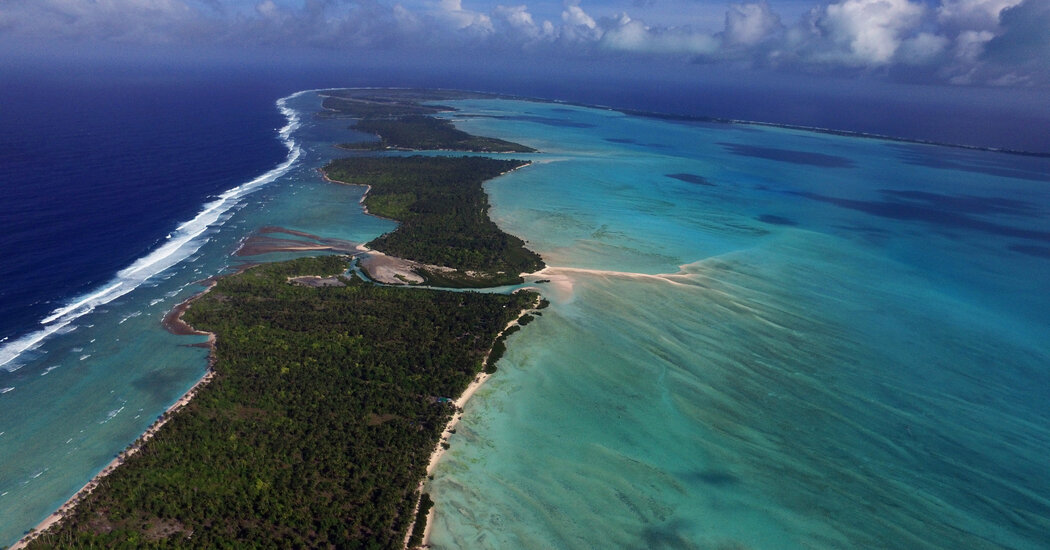Fight Over Seabed Agency Leadership Turns Nasty

Allegations of possible payments to help secure votes. Claims of abuse of agency funds by top diplomats. A possible job offer to entice a candidate to withdraw from a race.
These are not the shenanigans of a corrupt election in an unstable country. Rather, they are efforts in the seemingly genteel parlors of a United Nations-affiliated agency, meant to sway decisions related to the start of seabed mining of the metals used in electric vehicles.
It is all part of a nasty fight over who will be the next leader of the International Seabed Authority, which controls mining in international waters worldwide.
The accusations of trickery underscore the controversial nature of the agency’s coming agenda and the billions of dollars at stake. Some countries are fiercely opposed to the idea of mining the world’s deepest waters while others see it as a badly needed economic opportunity. Whoever helms the agency’s top post over the next few years will have considerable influence over these decisions.
Michael Lodge, the secretary general at the International Seabed Authority since 2016, is urging the diplomats from the agency’s 168 member nations to elect him to a third four-year term. From that perch, he hopes to help the agency finalize environmental rules as it prepares to accept its first application, perhaps as early as this fall, to start industrial-scale mining in the Pacific Ocean, between Hawaii and Mexico.
His opponent, Leticia Carvalho, is an oceanographer and former oil-industry regulator from Brazil. She has called for a more deliberative approach, arguing that several years of work likely remain to finish writing the rules. Her position is that no mining applications should be approved until that process is wrapped up.
